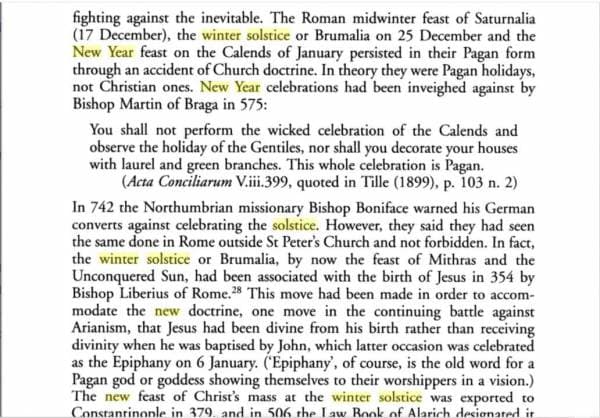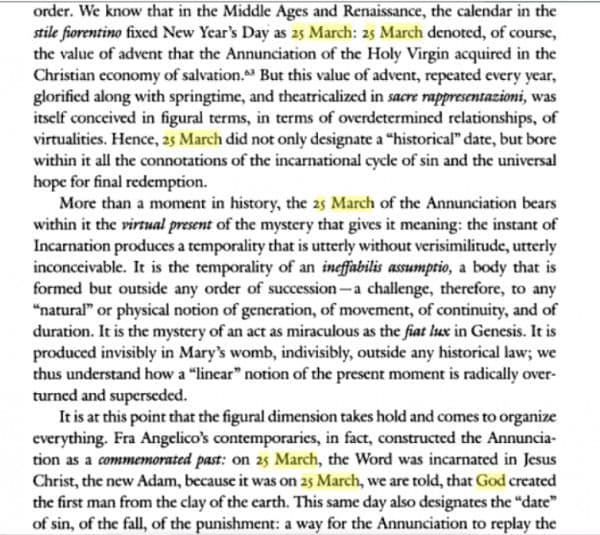New Year
It is often claimed that New Year is a Christian festival. And that the current Gregorian New Year on January 1 was first instituted by Pope Gregory in 16th century. Is that really so?
According to Bible, New Year does not occur in the winter month of January. It rather occurs in Spring in the month of Nisan (March-April). This was precisely when the Early Christians celebrated new year. So how did the New Year change?
Until 1752, Christians of England and US celebrated the New Year on March 25 - “The year begins on 25th day of March”. When Christians celebrated New Year on March 25. The pagans celebrated the New Year on January 1. They called it the festival of Calends. They decorated their houses with wreaths and offered sacrifices to Goddess Juno.
Initially, the Christians banned the January 1 New year festival. “The whole wicked celebration is Pagan” they said.

January 1 was banned by Bishop Eufronius in the council of tours (567 CE). The Christians continued celebrating New Year on March 25. “God created the universe on March 25” - Pope Benedict.

It was only with introduction of Gregorian calendar in 1582 that January 1 was reinstated as New Year. By 16th century, there were no Pagans in Europe celebrating calends. Having a new year on March 25 in a Calendar starting on January 1 had turned out to be very inconvenient. Indeed, the Gregorian calendar is Christian and the shift involved from Julian involved a change to accommodate Easter. But this has got nothing to do with January 1 which was the new year directly adopted from pagan Julian calendar.
Source: